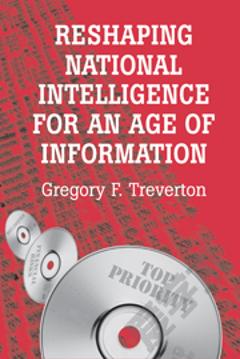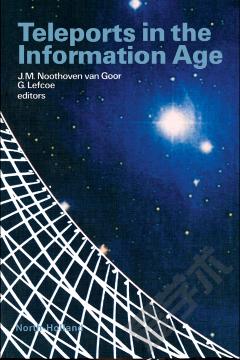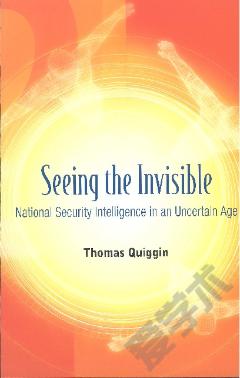Reshaping National Intelligence for an Age of Information
The world of intelligence has been completely transformed by the end of the Cold War and the onset of an age of information. Prior to the 1990s, US government intelligence had one principal target, the Soviet Union; a narrow set of 'customers', the political and military officials of the US government; and a limited set of information from the sources they owned, spy satellites and spies. Today, world intelligence has many targets, numerous consumers - not all of whom are American or in the government - and too much information, most of which is not owned by the U.S. government and is of widely varying reliability. In this bold and penetrating study, Gregory Treverton, former Vice Chair of the National Intelligence Council and Senate investigator, offers his insider's views on how intelligence gathering and analysis must change. He suggests why intelligence needs to be both contrarian, leaning against the conventional wisdom, and attentive to the longer term, leaning against the growing shorter time horizons of Washington policy makers. He urges that the solving of intelligence puzzles tap expertise outside government - in the academy, think tanks, and Wall Street - to make these parties colleagues and co-consumers of intelligence, befitting the changed role of government from doer to convener, mediator, and coalition-builder.
{{comment.content}}








 京公网安备 11010802027623号
京公网安备 11010802027623号